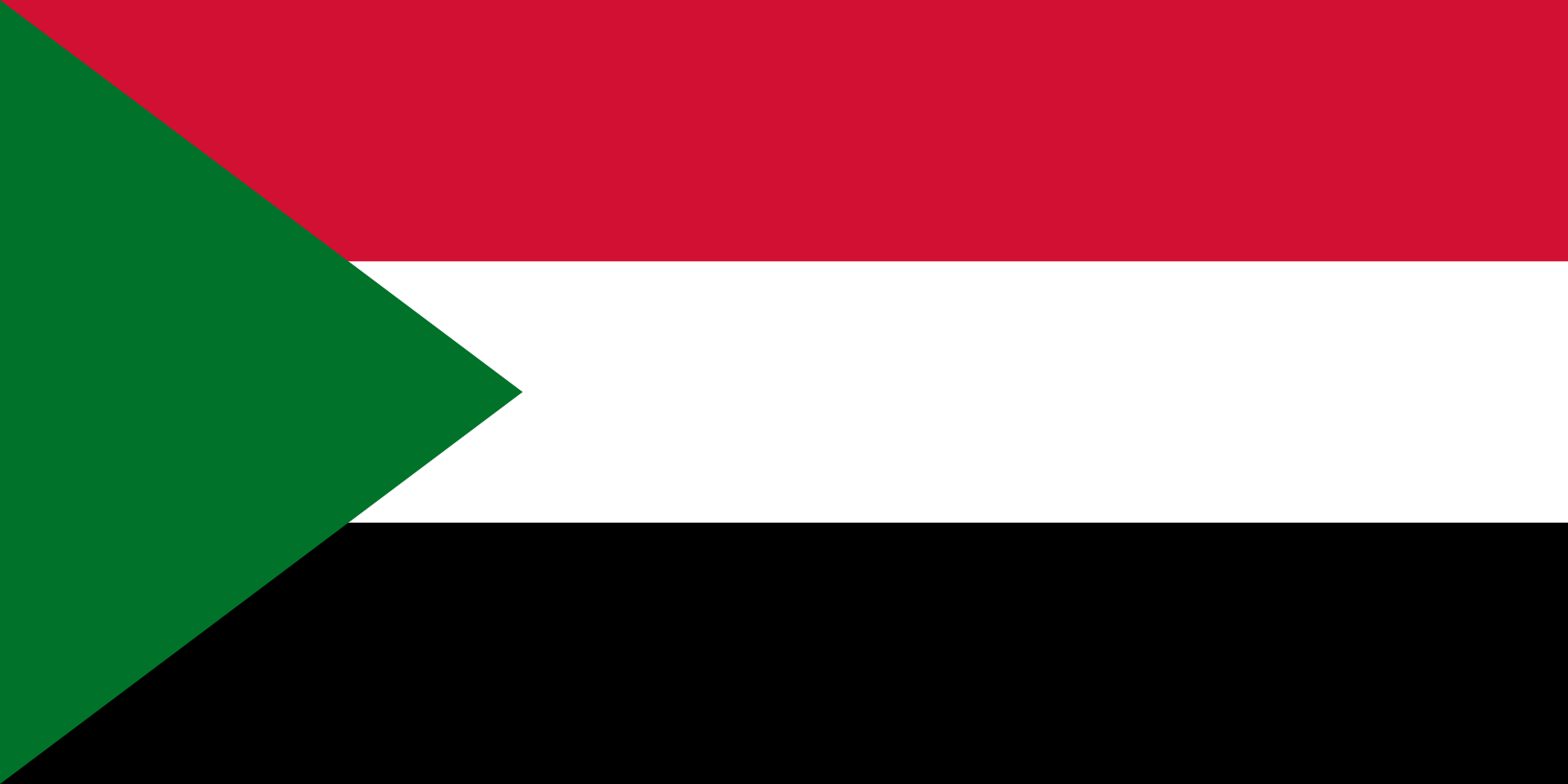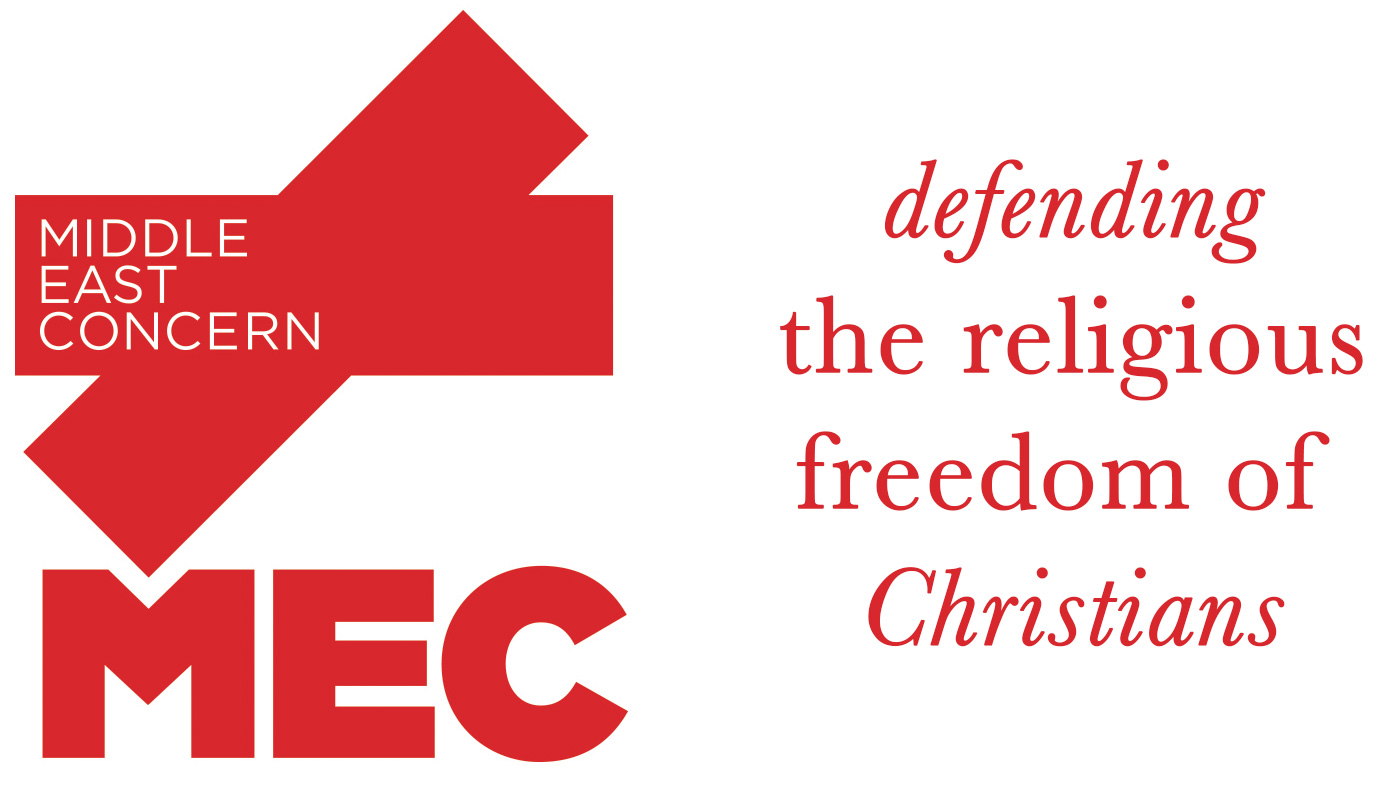
Sudan’s population is estimated at 42 million. Approximately 97% of the population is Sunni Muslim, with most of the remaining 3% Christian. Of the many different ethnic and linguistic groups, the majority (roughly 70%) are Arab Sudanese. Officially recognised churches include the Roman Catholic Church, the Episcopal Church, the Greek Orthodox Church, the Coptic, Ethiopian and Eritrean Orthodox Churches, together with a range of smaller communities including Presbyterian and Pentecostal churches. The Christian community diminished significantly in 2013 when, following the secession of South Sudan, many of South Sudanese origin were forced to relocate from Sudan to South Sudan. During 2013 the Sudan Council of Churches, the Episcopal Church in Sudan and the Roman Catholic Church created separate entities for Sudan and South Sudan, having initially retained united structures covering both countries under predominantly South Sudanese leadership.
The 2005 Interim National Constitution of Sudan, like its predecessor, established that Islamic law and popular consensus are the sources of legislation and asserted the principle of freedom of worship and religious practice, though in practice this was not upheld.
The Draft Constitutional Declaration, adopted on 17 August 2019, replaces the 2005 constitution and will remain in force during the interim period leading to a full handover of power from the military to a civilian regime. It no longer refers to Islam as a defining attribute of Sudan and still asserts the principle of “freedom of religious belief and worship” (art. 55).
Legal provisions strictly prohibiting blasphemy and defamation of religions, as well as non-Islamic proselytism, remain in force. Apostasy and acts encouraging apostasy remain punishable by imprisonment or death for apostates who refuse to recant. Public Order laws, covering offences of honour, reputation and public morality such as dress codes, are based on the authorities’ interpretation of Islamic law and have not been repealed. The Ministry of Guidance and Social Endowments is responsible for regulating religious organisations. No permissions have been granted by the Ministry or by State and local planning offices for new non-Muslim places of worship since the 1990s. In 2013 the Minister for Religious Affairs stated that no permission would be given for the building of new churches, as the number of Christians had decreased after the secession of South Sudan. Jurisdiction over personal status matters is given to recognised religious communities, and the Coptic Orthodox church has jurisdiction over a wider range of ecclesiastical issues. Those born into Muslim families are subject to Shari’a courts in matters of personal status. Women registered as Muslim are not permitted to marry non-Muslims.
Sudan acceded to the International Covenant on Civil and Political Rights (ICCPR) on 18 March 1986. The ICCPR upholds the right to freedom of religion, including the right to hold a religion of one’s choice and the right to manifest that religion (Article 18). It also upholds the rights of minorities and the principle of non-discrimination. Sudan’s accession to the ICCPR was made without reservation.
Sudanese Christians face intense pressures. Recognised Christian communities have increasingly been marginalised and their freedom to worship obstructed, including over recent years through forced closure of Christian-owned institutions, expulsion of expatriate Christian workers, the prosecution and the imprisonment of some church leaders on spurious charges and an ongoing campaign of confiscation or destruction of church property.
Public morality codes have also been used to charge and imprison those, including Christians, who are perceived to have acted with impropriety. Sudanese Muslims who choose to leave Islam face severe legal sanctions, including the apostasy provisions of the penal code which can carry the death penalty. In addition to legal pressure, those considered apostates are likely to face strong family and societal pressure, including violent responses from family members.
